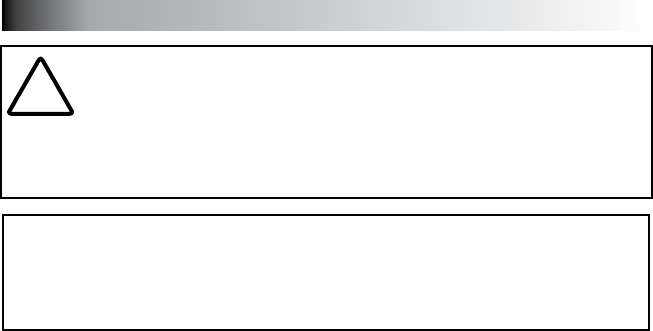
J-200 Series
WARNING: FAILURE TO MAINTAIN WATER QUALITY
CAN RESULT IN:
Increase risk of contracting a waterborne illness (e.g. an •
infection bacteria or virus) and/or respiratory ailments
.
Damage the equipment, components and spa shell, which •
are not covered under the hot tub’s warranty.
!
CAUTION: Never store hot tub chemicals inside the hot tub’s equip-
ment bay. The equipment bay may reach elevated temperatures,
this is where high voltage electronic devices are located. This area
is not intended for storage of any kind.
13.1 pH Control
pH is a measure of relative acidity or alkalinity of water and is measured
on a scale of 0 to 14. The midpoint of 7 is said to be neutral, above which
is alkaline and below which is acidic. In spa water, it is very important
to maintain a slightly alkaline condition of 7.4 to 7.6. Problems become
proportionately severe the further outside of this range the water gets.
A low pH will be corrosive to metals in the spa equipment. A high pH will
cause minerals to deposit on the interior surface (scaling).
In addition, the ability of the sanitation agents to keep the spa clean is
severely affected as the pH moves beyond the ideal range. That is why
almost all spa water test kits contain a measure for pH as well as the
sanitizer.
13.2 Sanitizing
To destroy bacteria and organic compounds in the spa water, a sanitizer
must be used regularly. Chlorine and bromine are the two most popular
sanitizers used to date. Many other additives are available for your spa.
Some are necessary to compensate for out-of-balance water, some aid
in cosmetic water treatment and others simply alter the feel or smell of
the water. Your authorized Jacuzzi dealer can advise you on the use
of these additives. When adding spa shock (chlorine or non-chlorine)
or pH balancing chemicals activate the jets pump(s) and leave the spa
cover open for a minimum of 20 minutes. By doing this you will allow
excessive chemical vapors to exit the spa, protecting pillows and plastic
knobs from chemical attack.
38


















